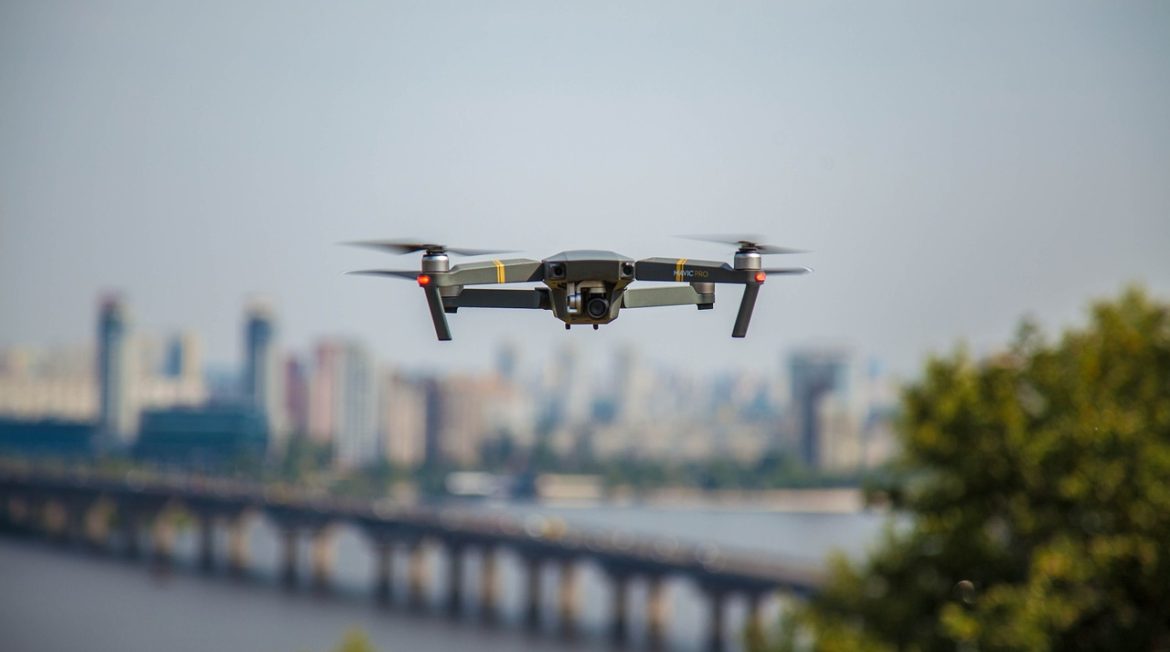Concerns are escalating over the possibility that U.S. military bases in Texas are being spied on by unidentified drone aircraft. Texas lawmakers were warned about these potential security breaches during a hearing this week, where experts raised alarms about the growing trend of drones appearing over military installations.
Adam Klein, head of the Strauss Center for International Security and Law at the University of Texas at Austin, testified at the hearing, urging state lawmakers to assist local law enforcement in tracking down drone operators. According to Klein, the presence of these drones poses significant security risks, as they could be used to gather intelligence on military operations and infrastructure. However, under current regulations, authorities are unable to shoot down the drones unless they pose an immediate threat, and aerial snooping does not meet this threshold.
The issue first came to light in December 2023, when drones began appearing over military bases, sparking emergency meetings at the White House. Since then, there has been growing concern that foreign or domestic actors could be using drones to spy on sensitive military sites. Despite this, catching the operators behind these drones remains a challenge. Klein emphasized that it is nearly impossible for local law enforcement to identify and apprehend the individuals responsible for piloting the aircraft due to their small size, mobility, and the complexities of drone tracking technology.
During his testimony, Klein stressed the seriousness of these incidents and called for immediate action from both state and federal authorities. He suggested that Texas lawmakers implement policies to support local police in tracking down drone operators and invest in advanced technologies to combat these aerial surveillance attempts. However, the difficulty in addressing the issue stems from federal restrictions, which make it illegal to shoot down drones unless they pose a clear threat, leaving authorities with few options to counter unauthorized flights.
The situation has put pressure on lawmakers to find a solution, as the use of drones for espionage and surveillance purposes continues to grow. Military experts warn that the surveillance capabilities of drones have improved dramatically in recent years, making them an attractive tool for those looking to gather intelligence without detection. As Texas houses several key military installations, including Fort Hood and Joint Base San Antonio, the threat of drone espionage is particularly alarming for national security.
As the debate over drone use and military security intensifies, federal authorities are exploring possible changes to the rules governing the use of drones near sensitive military sites. In the meantime, the Texas state government is considering introducing stricter regulations on drone flights and collaborating more closely with federal agencies to ensure the security of its military installations.
The hearings mark a critical step in addressing the challenges posed by unauthorized drone flights, but experts like Klein caution that without swift and decisive action, the threat is likely to persist. As drones continue to evolve, becoming faster and more difficult to track, the need for a robust, multi-level response becomes more urgent.
Image by Ievhenii_Putiata from Pixabay



